“Cash is King.” How many times have you heard that phrase or even caught yourself saying it?
Talking with directors and executives who are building sales incentive programs, I hear this expression A LOT. As I am sure you could guess, a lot of the conversation revolves around how to reward Channel Partners, Reps, Agents, etc. “What exactly is going to motivate my team to deliver the ROI and results that are needed?” Is cash really king? Or, are there other tangible rewards that drive results?
Working on the front lines, I field a lot of questions every day. I brought some of the questions that I hear consistently on cash vs. non-cash to our in-house expert and Senior Director of Engagement, Susan Adams. If cash was ever king, it looks like the king has left the building.
Q: Giving cash rewards is part of sales culture, and sales people expect it. How would points or non-cash rewards fit into this culture?
A: While it’s true that many sales incentive program owners think that cash is the best reward, the research just doesn’t bear that out. It turns out that while cash is always appreciated, it goes right into the bank account and pays the bills. It is quickly lumped in with compensation and seen as an entitlement. A tangible award, including points to spend in a rewards mall of merchandise and gift card options, has a bigger impact.
First of all, it’s memorable. Chances are, if you received a cash bonus of $250 six months ago, you don’t remember what you did with it. But if you received points worth $250 and redeemed for a new wireless speaker, you’ll probably remember where you got it every time you turn it on.
A tangible award creates a positive emotional association with the organization and the program. This can be especially important in a channel program where your company is fighting with competitors for mindshare.
“A tangible award, including points to spend in a rewards mall of merchandise and gift card options, has a bigger impact.”
Secondly, sales people are not just driven by money. They are often also motivated by public recognition of their efforts. Cash has relatively little trophy value. How often do people walk down the halls of their offices saying, “I did such a great job on that deal that I got $250!”? They are much more likely to put that wireless speaker on their desk and point out where it came from. Bragging about cash is a social taboo in our culture, but we have no problem celebrating other kinds of awards.
Thirdly, non-cash awards are more efficient for the organization. Research shows that their value is inflated by participants, literally giving “more bang for the buck.” Additionally, points programs can be administered on-line, with a high degree of visibility and transparency often lost if handing out cash or gift cards out of the office drawer. What’s more, since it’s not associated with compensation, points or other tangible awards eliminate the sense of entitlement and keep everyone focused on the initiatives you identify and the potential recognition and rewards to be earned – and remembered!
Q: Sales people also receive commission. Can cash and tangible rewards be offered at the same time?
A: Fair pay, including bonuses tied to performance, can be an important part of being a competitive employer or channel partner.
A recent joint study by the Incentive Research Foundation and the Incentive Marketing Association, proved that tangible awards consistently outperform cash as a motivator when the right combination of elements is in place. The study noted, “Contrary to popular belief, when provided a robust award experience that aligns with their personal preferences, employees do not automatically choose cash as part of that experience, especially for large awards. The study found that on average the most preferred award experience for large awards is a travel award, presented by executives, communicated in a public announcement, and combined with the opportunity for special networking. While small awards do correlate to a high preference for cash on average, 65% of people would select a non cash award if all other experiential elements were optimal.”
“Contrary to popular belief, when provided a robust award experience that aligns with their personal preferences, employees do not automatically choose cash as part of that experience, especially for large awards.”
So for top performers, particularly, keep it motivating by choosing tangible awards and being thoughtful about how, when, and by whom recognition is delivered. Keep in mind that travel or other experiences may be the most inspiring non-cash awards of all for your audience.
Q: How do points differ from a reloadable debit card?
A: Reloadable debit cards can be a good first step away from a cash program, towards one that reaps the benefits associated with tangible rewards. Like gift cards or other non-cash rewards, debit cards are more likely to be used for memorable, special purchases than paying the electric bill and are less likely to be confused with compensation.
Ideally, though, program owners should shift away from cash or cash-like rewards for the best results. Our online engagement platform – TotalPRO – offers a robust rewards mall with over 35,000 options in merchandise, gift cards, event tickets, and travel. Points allow for the same degree of choice as debit cards, while still providing opportunities to deliver your company message, control costs, generate meaningful reporting, and even provide learning opportunities.
Give Your Team What They Want
If you are looking to implement a new sales incentive program or review your current one and the voice in your head is saying “cash,” stop and think twice. Do you want your reward to be meaningful and motivating? Do you want to create a buzz in the office and encourage comradery and engagement with your reps? At the end of the day, it’s about the bottom line, and if you want to deliver the ROI that will put a big smile on your boss’ face, you need a reward that is going to give your reps something truly motivating.
Still unsure? You can check out more information on Cash Vs. Non-Cash in our whitepaper, here.



